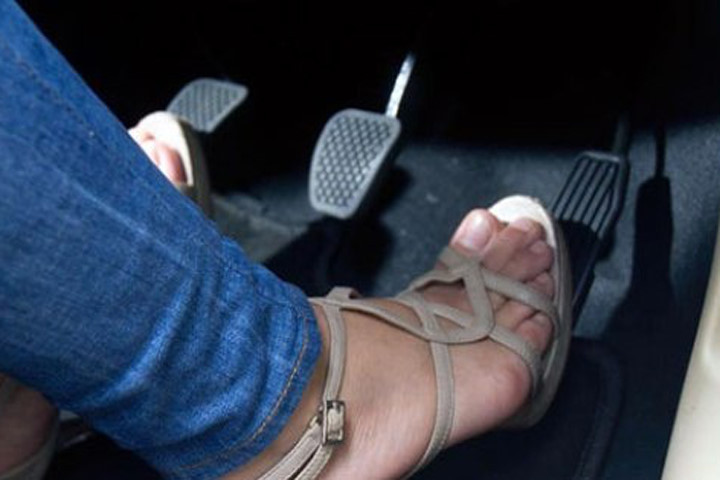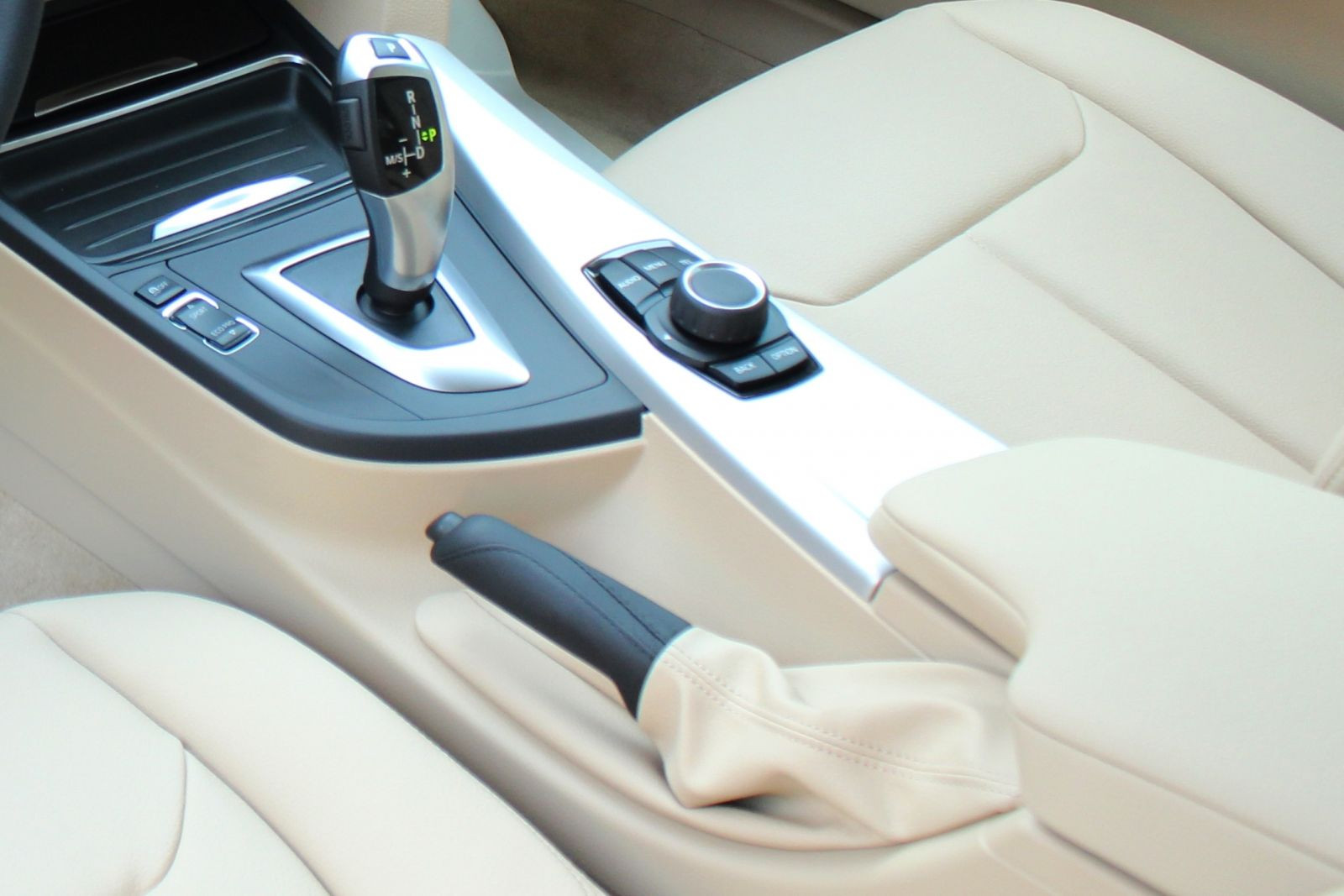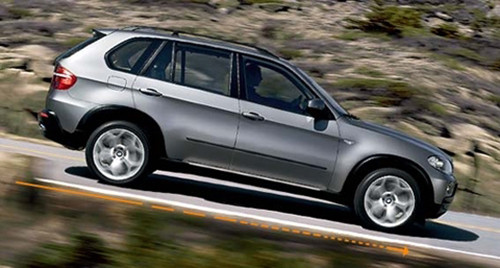10 steps to take when your car loses its brakes
Brake failure is a driver's nightmare and is the cause of many accidents. Learn what steps to take if you find yourself in this dangerous situation.
1. Slow down immediately
Shifting into a lower gear slows the car down and can help you bring it to a safe stop. Whether you're driving an automatic or manual, try to shift gears sequentially, as if you downshift too quickly, you risk skidding.
Do not turn off the engine, because the steering system will lose power assist and become very heavy and difficult to control. In addition, at high speeds, the engine will suddenly stop, causing the car to lose control due to inertia.
2. Try the emergency brake
If your car is equipped with an emergency brake system, use it. It usually stops the car, although it takes longer because it only applies pressure to the rear wheels.
When operating, be careful to pull gently, slowly but with enough force. If you pull too hard or too fast, it can lock the wheel, causing skidding and loss of control.
 |
| Shifting into a lower gear slows the vehicle and can help you bring it to a safe stop. |
3. Move your car into the right lane as soon as possible
Move to the right side of the road or exit. If you need to change lanes, do so carefully, check your mirrors, and watch for traffic around you.
4. Release the accelerator
Release the accelerator to slow down, remembering your goal is to slow the car down and stop safely.
5. Check the brake pedal for blockage.
Objects like soda cans or bottles, coffee cups, paper rolls, or floor mats can wedge behind the brake pedal, causing the brakes to not work. Take a moment to check to see if your brakes are sticking.
6. Brake
Press the brake pedal several times to feel the pressure because if the hose is clogged, pressing the brake pedal several times will help the brakes recover or the vehicle has an ABS (anti-lock braking system) which can help activate the ABS.
 |
| Whether you are driving an automatic or manual car, try to shift gears sequentially, as if you decelerate too quickly, you risk skidding. |
7. Warn others
Turn on your hazard lights, flash your high-beams, or use your horn to alert nearby drivers that you are having trouble. Open a window to increase wind resistance and make it easier to call for help.
8. Use speed reducers
If you choose to crash into an obstacle to slow down, think carefully, especially if you are still traveling at high speed. Aim for obstacles such as bushes or puddles. Try to stay away from populated areas and houses if possible.
 |
| Do not continue driving even if the brakes start to work. Have the vehicle towed to a nearby garage to have the cause checked and repaired. |
9. Keep calm
Remember the steps outlined in this article and follow them instead of panicking. As long as you stay calm and in control, you have a good chance of keeping yourself and the vehicles around you safe.
10. Once you have stopped safely, call for help.
Do not continue driving even if the brakes start to work. Have the vehicle towed to a nearby garage to have the cause checked and repaired.
According to VNN
| RELATED NEWS |
|---|


